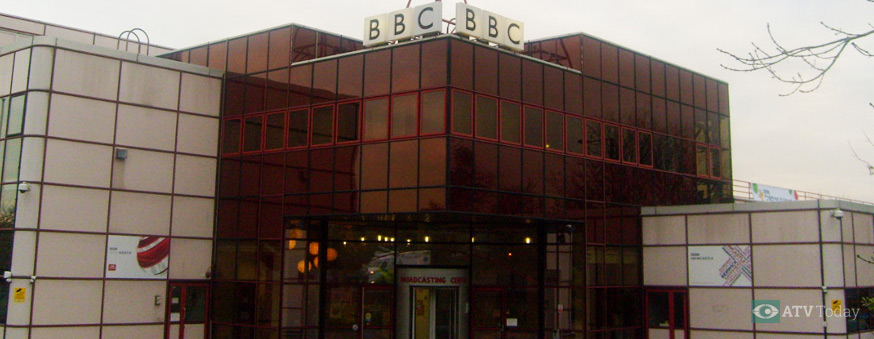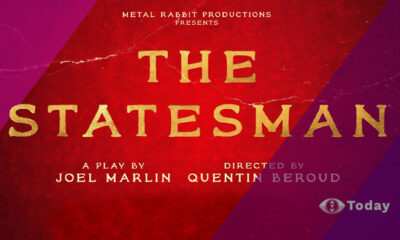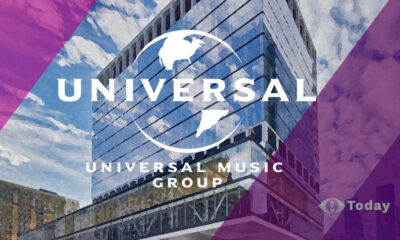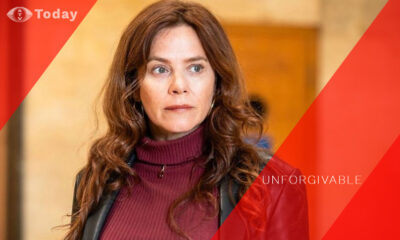With the BBC TV license a hot topic at the moment, Peter Goodchild, an associate professor at The University of Law, answers questions on the TV licence fee.
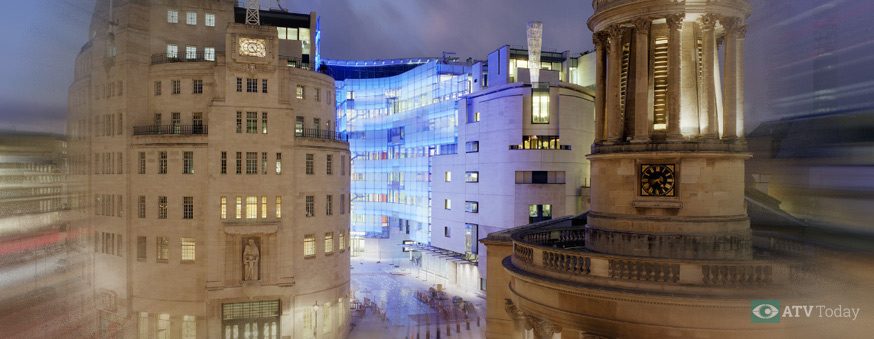
With news of a fee increase, plans to make over 75s pay and talks from the Government about scrapping the fee all together in future, legal experts explain the current laws around the TV License
An estimated 1.9 million households may be watching TV without a license. It seems that some TV viewers are not willing to pay the going rate for a colour TV licence and with recent news pointing towards a £3 increase, the number of people unwilling to pay their license fee may be set to increase. However, in avoiding paying the TV License, people all over the UK are at risk of facing a fine of up to £1,000.
While public consultation will take place whether to decriminalise this, ATV Today looks at how the law currently stands with Peter Goodchild, associate professor from the Bloomsbury campus of The University of Law. Peter shares his advice to help TV owners understand when they need to purchase a licence, how much it costs, and the potential consequences of avoiding paying for a licence.
Do I really need a licence?
If you are a homeowner/tenant of a property and you watch or record programmes on a TV, computer or other device as the programme is being broadcast live, and/or you download or watch BBC programmes on iPlayer, then a TV licence is required. By purchasing a licence, you will cover the property for anyone in that residence that watched live through a TV set, computer, laptop, tablets, mobile phone any other device that can receive a TV signal.
You don’t need a licence if you are watching non-BBC programmes on online catch-up services, videos or DVDs, clips on websites that aren’t live broadcast (e.g. YouTube) and closed-circuit television (CCTV).
How much will it cost me?
The cost for a full colour TV licence is currently £150.50 per year, which can be paid monthly, quarterly or in one lump sum. However, there is also a licence for black and white TV sets which costs £50.50 per year.
The Government confirmed, on February 3rd, that from the 1st of April 2020 the cost of the annual television licence fee will increase from £154.50 to £157.50.
The Beeb provide nine national TV channels plus regional programming as well as 10 national radio stations, 40 local radio stations plus dedicated Nations radio services, the BBC Website and the radio app BBC Sounds and BBC iPlayer. The corporation somewhat proved how unpopular their ‘telly tax’ is when making the statement that they would lose ‘hundreds of millions of pounds’ if it wasn’t a criminal offense to watch TV without paying for the fee.

Am I exempt from paying for a licence?
The only exemption from the TV licence is if you’re aged 75 or older – although this could be set to change in a controversial move from the BBC this year. Individuals can get a discounted licence if they have a severe vision impairment or if they live in a residential care home, the person who oversees the home can apply for a licence on the individuals behalf.
What happens if I don’t get a licence?
If caught without a TV licence, then you can face a fine of up to £1,000 and any legal costs or compensation will be covered. It is estimated that over 250,000 homes currently don’t have a TV licence, 33,000 of these are occupied by young people – all putting themselves at risk of facing a fine. The TV Licensing agency have a national database of all licence holders and have enforcement officers that check for TV owners, and they also have a fleet of detector vans that can target homes that they think don’t own a licence.
What does the future hold for the BBC? TV Critic Vivian Summer suggests that the best option would be for a reduced licence fee that follows the RTÉ format in Ireland where populist programmes are funded by commercials and niche and public service productions are funded by the fee.
“Surely the RTÉ model is perfect for the BBC. Shows such as EastEnders, Doctor Who and so forth can be funded via adverts. Programmes such as Songs of Praise and BBC News funded by the telly tax. RTÉ note on the end of the programmes funded by their licence fee that they are not commercially paid for, so its very transparent.” TV Critic Vivian Summers.
Visit the The University of Law website for more news.
